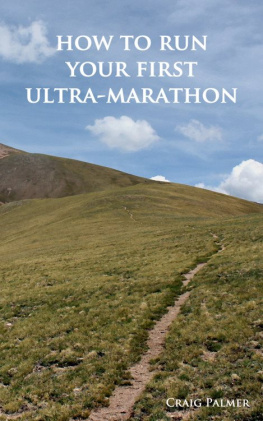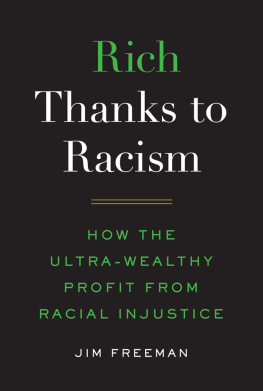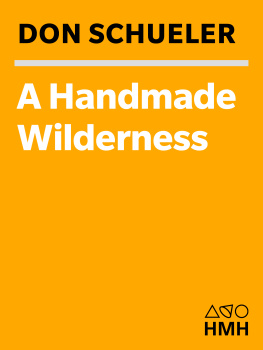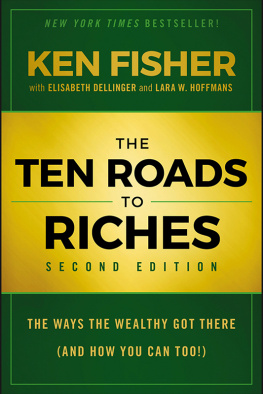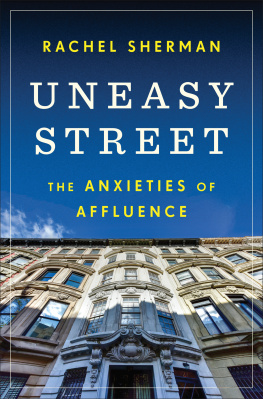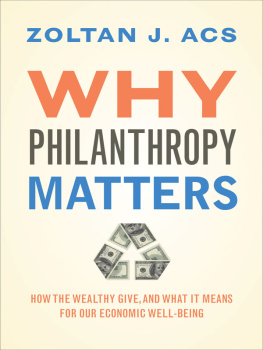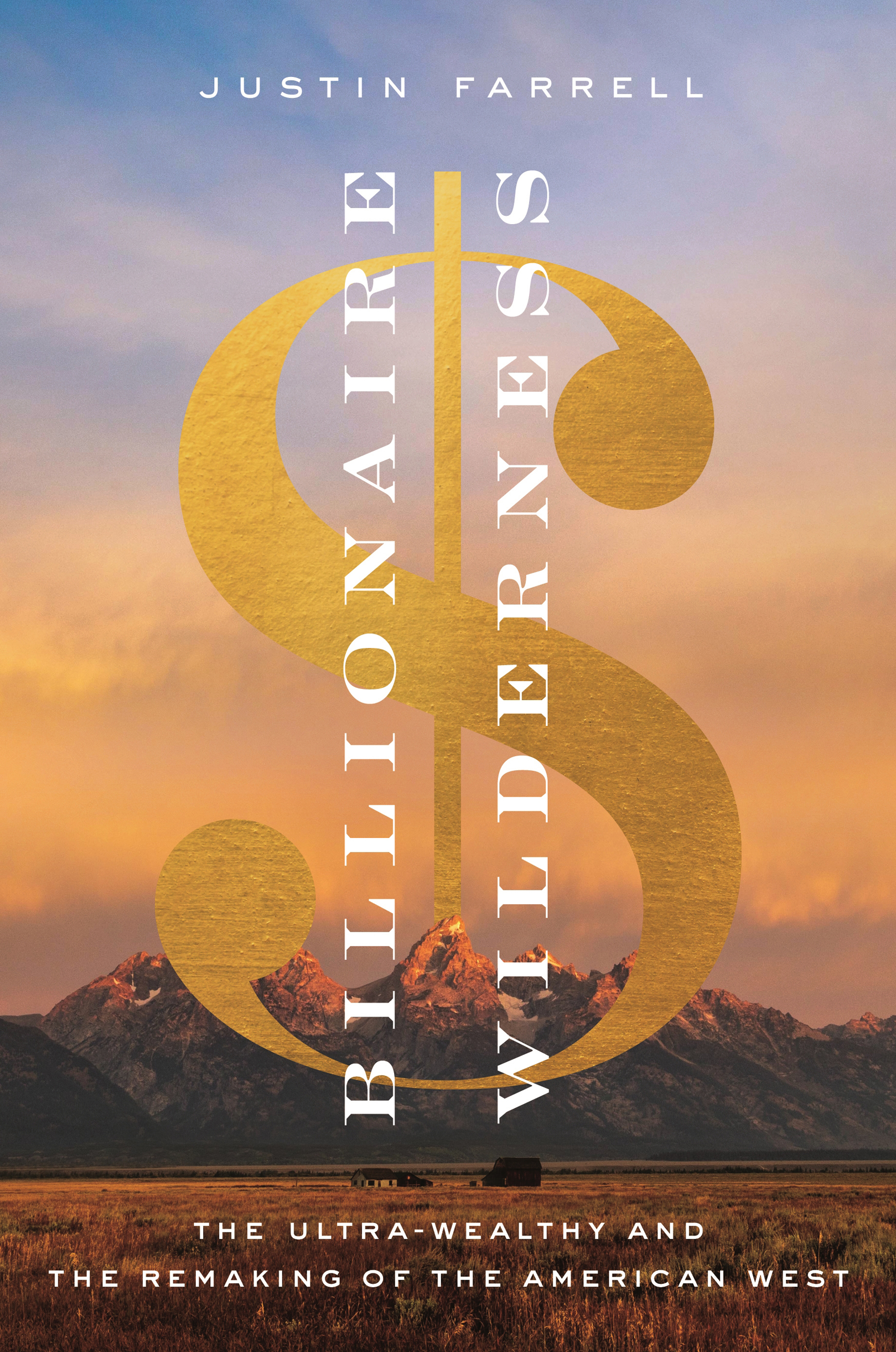
For a full list of titles in the series, go to https://press.princeton.edu/catalogs/series/title/princeton-studies-in-cultural-sociology.html.
Billionaire Wilderness: The Ultra-Wealthy and the Remaking of the American West by Justin Farrell
Inside the Critics Circle: Book Reviewing in Uncertain Times by Phillipa K. Chong
The Extreme Gone Mainstream: Commercialization and Far Right Youth Culture in Germany by Cynthia Miller-Idriss
Seeing the World: How US Universities Make Knowledge in a Global Era by Mitchell L. Stevens, Cynthia Miller-Idriss & Seteney Shami
Under the Cover: The Creation, Production, and Reception of a Novel by Clayton Childress
A Fraught Embrace: The Romance and Reality of AIDS Altruism in Africa by Ann Swidler & Susan Cotts Watkins
Contested Tastes: Foie Gras and the Politics of Food by Michaela DeSoucey
Magazines and the Making of America: Modernization, Community, and Print Culture, 17411860 by Heather A. Haveman
The Battle for Yellowstone: Morality and the Sacred Roots of Environmental Conflict by Justin Farrell
There Goes the Gayborhood? by Amin Ghaziani
The Moral Background: An Inquiry into the History of Business Ethics by Gabriel Abend
Becoming Right: How Campuses Shape Young Conservatives by Amy J. Binder & Kate Wood
Making Volunteers: Civic Life after Welfares End by Nina Elisoph
Privilege: The Making of an Adolescent Elite at St. Pauls School by Shamus Rahman Khan
Reds, Whites, and Blues: Social Movements, Folk Music, and Race in the United States by William G. Roy
Impossible Engineering: Technology and Territoriality on the Canal du Midi by Chandra Mukerji
Billionaire Wilderness
The Ultra-Wealthy and the Remaking of the American West
Justin Farrell
PRINCETON UNIVERSITY PRESS
PRINCETON AND OXFORD
Copyright 2020 by Princeton University Press
Requests for permission to reproduce material from this work should be sent to permissions@press.princeton.edu
Published by Princeton University Press
41 William Street, Princeton, New Jersey 08540
6 Oxford Street, Woodstock, Oxfordshire OX20 1TR
press.princeton.edu
All Rights Reserved
ISBN 9780691176673
ISBN (e-book) 9780691185811
Version 1.0
British Library Cataloging-in-Publication Data is available
Editorial: Meagan Levinson and Jacqueline Delaney
Production Editorial: Natalie Baan
Jacket Design: Faceout Studio
Production: Erin Suydam
Publicity: Kathryn Stevens and Maria Whelan
Copyeditor: Jennifer Harris
Jacket Credit: A distant view of the Tetons at sunrise, Grand Teton National Park, WY / Getty Images
In loving memory of my brother Josh.
ACKNOWLEDGMENTS
During my childhood summers I would, along with my two brothers, Josh and Jordan, accompany my mom to the homes she cleaned. Depending on the week, shed clean about seven different houses. They were all quite large, and my mom worked alone, so shed spend a good part of the day scrubbing, bleaching, vacuuming, dusting, sweeping, mopping, and making sure things were tidy for when the owners returned home from work. Wed always have the volume of their television up loud enough to hear the Price Is Right game show, listening eagerly if the contestant struck it rich, or at least won a new midsize sedan.
At the time, it was strange and exciting to spend so much time in these expensive homes, and even though we were there with my mom to scrub toilets and change sheets, it gave us a small window into affluence.
My mom always seemed grateful for the work and mostly spoke well of the wealthier folks whose homes she cleaned. Back then, it all seemed so straightforward: these wealthy families chose not to clean their homes themselves, and my mom could use the money. Simple enougha straightforward exchange. And before writing this book, I hadnt given these childhood experiences much more thought. But now looking back, I can see the imprint of these seemingly inconsequential experiences all throughout this project, beginning most importantly with the initial curiosity to think more deeply about who these people were, and their relationship to people like my mom.
Conducting scientific research on the wealthy is notoriously difficult, and thus I relied heavily on, and am indebted to, a huge number of people. This book was far and away the most challenging piece of research and writing Ive ever done (and likely ever will do), and I certainly could not have gone at it alone. What youre holding is the product of many, many individuals.
I owe my biggest debt of gratitude to the respondents who made this book possible, beginning with the fifty low-income interviewees. Many of these folks are recent immigrants, work multiple jobs, fear family separation, live in poverty, and have every good reason to decline being interviewed for a project like this. I sincerely hope that I have accurately represented the complexity of your hard-won views and experiences. I am also grateful for the local organization (who requested to go unnamed for fear of retribution from its donors) and interviewers who graciously worked with me to collect a representative sample and conduct interviews in Spanish. Your commitment to the community and to its working-poor and immigrant population was, and is, truly inspiring.
Of course, this study would be nowhere without the generosity of the hundreds of ultra-wealthy people who took the time to be interviewed and/or observed in your homes, at your private clubs, at fundraising events, on the phone, in cities on the East and West Coasts, at local restaurants, and on the local hiking trails. Throughout this long process, I met many wonderful people and made several new friends in Teton County and in Bozeman/Big Sky/Yellowstone Club. As I write in the introduction, I am especially appreciative for your willingness to participate, because researchers have had a very difficult time getting access to your population, which has led to a popular reliance on uninformed clichs and cheap exposs that perpetuate a hackneyed rich and famous stereotype. This study is certainly not perfect, but please know that throughout the years of research, Ive attempted to honestly understand each of your lives with accuracy, generosity, fairness, and clarity. While some of the findings of this study are at times quite critical, my hope is that with your help Ive collected reliable information and drawn conclusions with integrity that have improved our basic knowledge of a growing class of people in the United States, and their increasingly important influence on the environment and local communities.
I also owe a debt of gratitude to many locals who may not have been interviewed, but were indispensable for making connections, providing quantitative data, reading drafts, and keeping me abreast of local issues. First, I especially want to thank David and Cathy Loevner for their generosity and support, allowing my family to stay in their guest house during long periods of fieldwork. Because of the exorbitant housing costs in Teton County, I would not have been able to complete the fieldwork for this project without David and Cathys generosity. Thank you. Similarly, I am grateful for the local support of community leaders, especially Lety Liera, Isabel Zumel, Rev. Mary Erickson, Jonathan Schechter, Charles Pinkava, and several organizations and individuals who have requested to remain anonymous.



